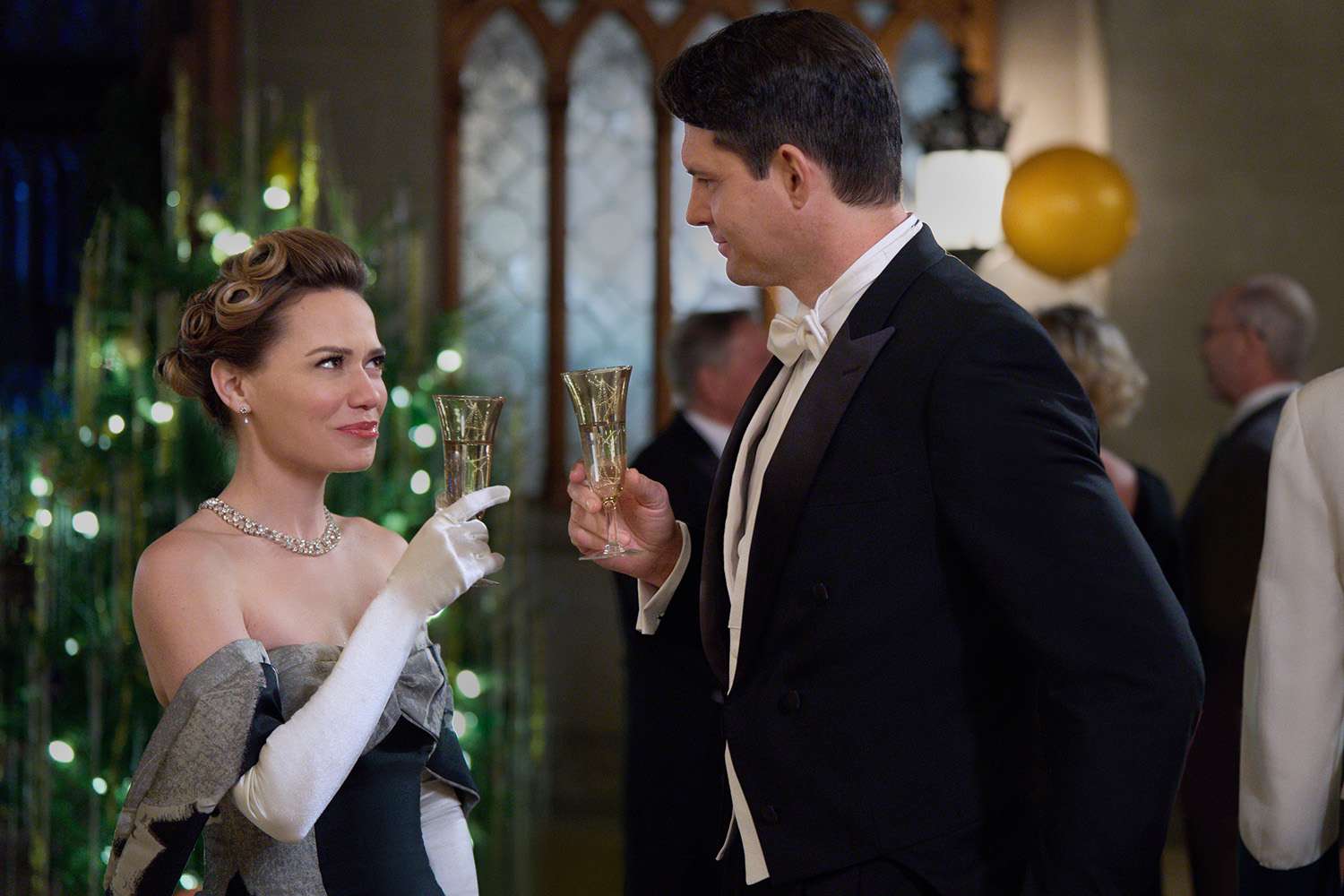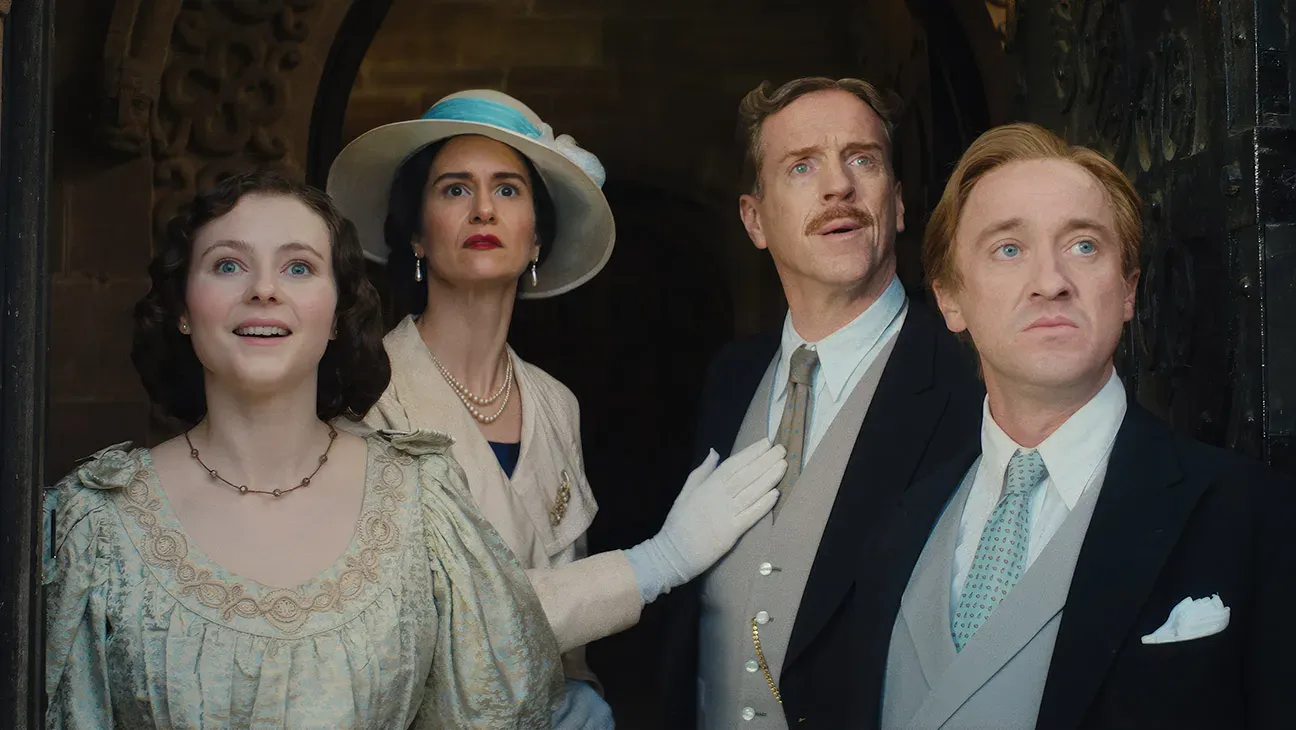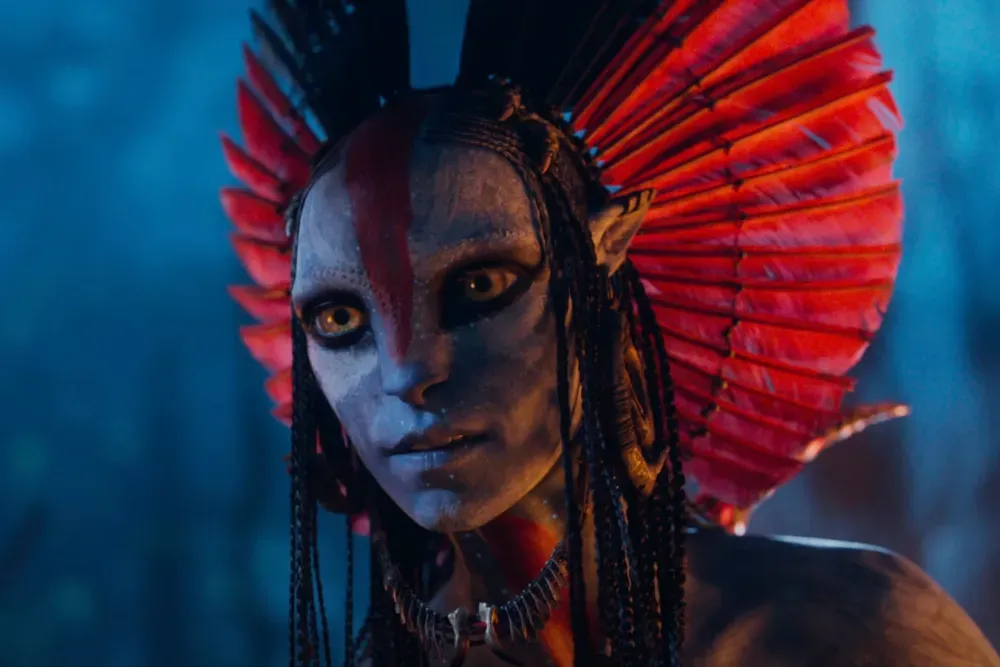
A Review of "Hellblade 2": Lost Potential in the Continuation
- May 22, 2024
When 2017's “Hellblade: Senua’s Sacrifice” concluded, it seemed like a fitting end to Senua's journey. Senua, a stigmatized woman who hears voices, came to terms with her own mental health and the loss of loved ones. But her story wasn't complete just yet, according to Ninja Theory, the developers of the game.
“Senua’s Saga: Hellblade 2" is the unexpected continuation where Senua's purpose becomes elusive. The sequel teeters between repeating the same motifs from the first installment, but with less nuance, and trying to carve a new narrative path for Senua, leading to a sense of conflict within the game as it struggles to come into its own.
The game opens with Senua on a boat, opting to tackle the leader of the Norse slavers whose actions devastated Orkney. The plot takes twists and turns, leading her to undertake a new mission: to free an island nation from its oppressive gods. While the game attempts to delve into themes like tradition and folklore as tools for oppression, it only scratches the surface.
"Hellblade 2" develops its narrative through a triad of elements-story-driven segments, puzzles, and combat. Some puzzles are occasionally inventive, and the game introduces some clever and immersive mechanics. However, most challenges seem repetitive and overly simplistic. The narrative explores ideas, but often falls short in providing them with meaningful depth.
The combat system is somewhat disappointing. Despite the inclusion of extensive battle sequences, fights feel underserved and clunky. An inflexible camera perspective further exacerbates the issue, making combat feel more challenging than it needs to be.

The narrative, while having sparks of creativity, often falls flat. Walking sections, padding between plot twists, become tedious and uneventful. Furthermore, Senua's character seems underdeveloped. We barely get any insight into her psyche and emotions, despite the game's attempt to keep her character growth central to the story.
Perhaps the game's greatest weakness is its treatment of sensitive emotional themes. The profound emotional growth that Senua experiences feels superficial and unconvincing, with life-altering realizations occurring through simplistic puzzle-solving and repetitive self-affirmations.
While the original game exhibited a careful balance between utilizing mental health as a narrative tool and exploring it in thoughtful ways, "Hellblade 2" almost dismisses this aspect entirely. Moments aimed to depict Senua's hallucinations are canned and sanitized, instead of playing up the psychological horror and distress. Rather than fostering emotional connection and empathy with Senua, the narrative often isolates the player.
"Hellblade 2" serves as a reminder that not all stories need to be extended into franchises. The sequel, while imbued with potential and the groundwork for a compelling narrative, falls short of doing justice to Senua's journey.







